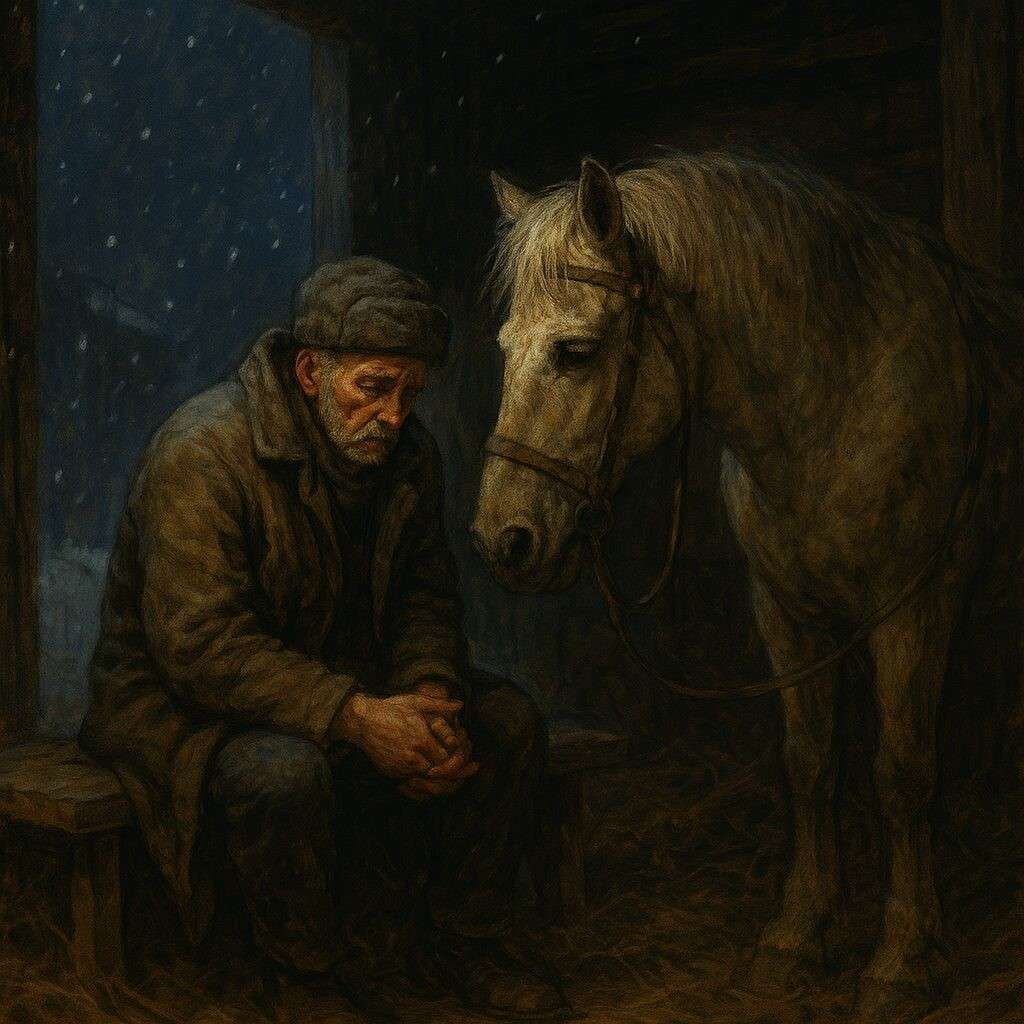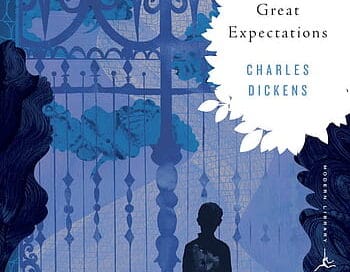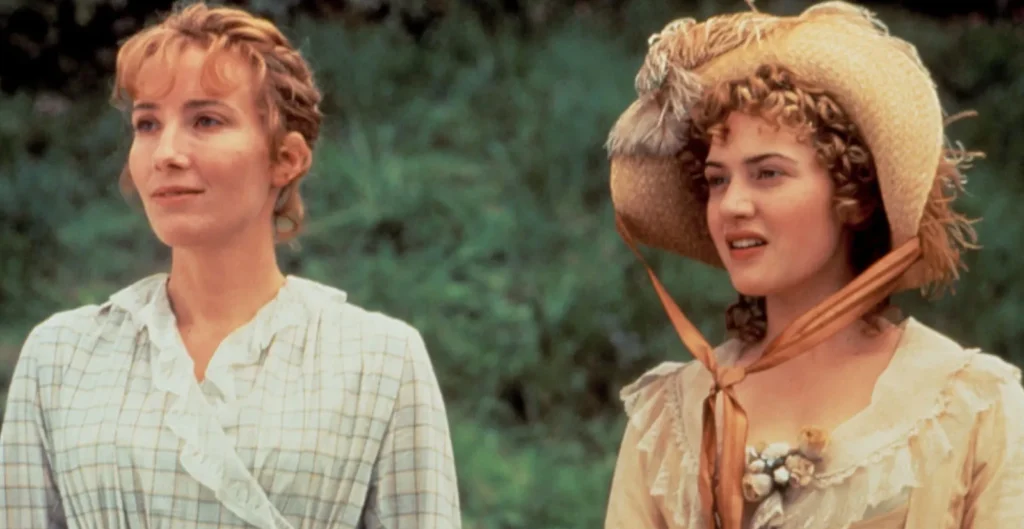The Misery by Anton Chekhov – A Soulful Story Summary
Anton Chekhov’s The Misery (also known as Misery or The Lament or To Whom Shall I Tell My Grief?) is not a story about dramatic events, wild emotions, or fast-moving scenes. It’s a quiet, aching reflection of a man’s loneliness. A simple Russian cab driver, Iona Potapov, tries all day and night to share the unbearable pain of losing his son. But no one listens. And that silence hurts more than the snow, more than the cold, more than the grief itself.
The story begins in the dim light of a snowy evening. The wind is bitter. Snowflakes drift down endlessly. Iona sits on his sledge with his small, white horse. He’s not calling out for passengers like the other cab drivers. He just sits still, as if frozen—by cold, by sadness, or perhaps by something deeper.
Just a few days ago, Iona lost his only son. His boy died suddenly, in a hospital, far from home. Iona is still in shock. There’s a weight on his chest, a scream stuck in his throat. He doesn’t need money or food—he needs to talk. To tell someone, anyone, what has happened.
Finally, a military officer approaches and asks to be taken somewhere. Iona drives. The sledge creaks over the snow, and the officer sits in silence. Iona turns slightly and begins: “My son… died this week.” It comes out quietly, like a whisper.
The officer doesn’t respond. He gives a short reply and shifts in his seat, clearly uninterested. Iona tries again, repeating himself, trying to explain that his boy was young, that he died for no reason. But the officer only wants to reach his destination. He leaves without a word of sympathy.
Still, Iona drives on. He waits again, under the falling snow, for someone else who might be willing to listen.
Three young men come along next. They laugh, tease, and stumble into the sledge, half-drunk and full of careless energy. Iona takes them where they want to go. He tries once again to speak. He says, “My son… is dead.” But they don’t take him seriously. One of them mocks him, calling him slow. Another throws snow at him. Their jokes are loud, and Iona’s grief is drowned out by their laughter.
Each time he tries to speak, his words are brushed away. He’s not just ignored—he’s invisible. The world is too busy, too loud, too tired to hear him.
After dropping them off, Iona sits again in the snow. The city lights blur behind the falling flakes. His hands are cold, but his heart is colder. He approaches another cabman, hoping maybe a fellow worker will listen. But the man is more focused on eating than talking. Iona manages a few words, trying to start the story again, but the other cabman barely looks at him.
The night grows darker. No more passengers come. Iona drives back slowly to the stables. His horse, quiet and loyal, is waiting for him. The stable is silent. Other cab drivers are asleep or whispering in the shadows.
And then Iona, broken and aching, begins to talk. To the horse.
He tells the animal what he’s been carrying all day. He talks about his son—how good he was, how suddenly he died, how he didn’t expect to bury his own child. He speaks gently, like a father, like a friend. The horse blinks, moves its ears, maybe understands in some quiet, animal way.
In this moment, Chekhov shows the full weight of Iona’s misery. A man tries all day to speak his grief aloud—but only finds a listener in a silent horse.
It’s both heartbreaking and painfully real.
There’s no twist, no solution. The story ends without hope, but not without meaning. We see a man in sorrow, surrounded by people, yet completely alone.
A Grief That Has No One to Hold It

Chekhov’s brilliance lies in what he leaves unsaid. He doesn’t exaggerate Iona’s pain. There are no cries, no breakdowns. Instead, he shows us the stillness of grief—the way it fills the spaces between conversations, the way it hangs heavy over quiet evenings, the way it makes a man long for just one person to say, “I’m sorry.”
Iona is not special in the eyes of others. He’s just a cabman. But to himself, he’s a father whose world has shattered. The fact that no one notices makes his pain even more powerful.
Why This Story Stays With You
The Misery is not just about Iona. It’s about every person who has ever felt something deeply and found no one willing to hear it.
It reminds us that sometimes people don’t need solutions—they just need someone to sit beside them and listen. That grief, when kept inside, turns into a silent scream. And that in our fast-moving lives, we often forget that the quietest people are the ones carrying the loudest pain.
Chekhov doesn’t use complex language. His story flows like a conversation, like someone quietly pointing at a scene and asking, “Do you see this? Do you understand?” The sadness builds slowly, naturally, until by the end, you don’t just understand Iona—you feel him.
The Role of the Horse
One of the most powerful parts of the story is the relationship between Iona and his horse. The horse is not just an animal. It represents a quiet, patient presence—something Iona cannot find among humans.
It listens, or at least, it doesn’t turn away.
It’s a sad truth Chekhov reveals: sometimes, we speak more freely to animals than to people. Not because they can reply, but because they don’t interrupt, judge, or rush us. In the quiet company of his horse, Iona finally feels safe enough to let his sorrow breathe.
The Simplicity of Chekhov’s Style
Chekhov’s writing is simple, yet it carries weight. He doesn’t explain how Iona feels—he shows it. Through small gestures, short dialogues, and silent moments, he paints a picture more powerful than long paragraphs of description could.
The snow, the darkness, the stillness—everything in the setting reflects Iona’s emotional world. And by keeping the plot minimal, Chekhov lets the reader sit inside the emotion rather than race past it.
Final Thoughts
The Misery is a story that doesn’t try to fix anything. It doesn’t offer solutions. What it does is hold up a mirror to life—the kind of life where people carry wounds no one can see, and where the need to be heard is as real as the need to breathe.
It’s not a loud story, but it lingers. Like Iona’s words. Like his silence.
If you’ve ever wanted to share something important and found only coldness in return, this story is for you. If you’ve ever felt invisible in your pain, it will speak to you. And if you’ve ever listened to someone who just needed to talk, then you’ve done what no one in this story could do—what Iona needed most.
In the end, The Misery is not about death, but about the human need to be understood. It’s not a story you read once and forget. It’s a whisper that stays with you, long after the snow has stopped falling.
If you’d like to understand this touching story more deeply in Hindi, don’t miss the video summary below.
Credits : Study Lovers Kapil Gangwani
Also, check out the summary of another unique story by Anton Chekhov, The Lady with the Dog.


